Google's recent EU ruling-driven rule changes for licensing access to the Google Play Store and the company's other apps to Android devices could cost some vendors as much as $40 per unit, according to internal documents, but the high fee could be significantly reduced down or eliminated entirely if Google's clients preinstall specific apps onto European smartphones.
Google announced on Tuesday it will be updating the terms of licensing agreements it makes with Android device producers to allow them to pre-install the Google Play Store and other essential apps on hardware shipping in Europe. The move, to appease an antitrust ruling by the European Commission, means that the free licenses will cease in favor of paid versions.
According to documents received by The Verge, the fee schedule indicates the cost per device could be as high as $40 in order to install "Google Mobile Services," a selection of core Google apps that includes the Google Play Store, for devices activated on or after February 1, 2019.
EU countries are split into three tiers, with the highest consisting of Germany, the Netherlands, Norway, Sweden, and the United Kingdom. For these areas, smartphones with a screen pixel density of 500ppi or more will need to pay $40 to license the apps, reducing to $20 for between 400 and 500ppi, and $10 for sub-400ppi displays. For other tiers, the cost per device could reduce down to $2.50.
Tablets have a more even pricing scheme that is the same across all of the affected countries, charging as much as $20 per device. While vendors would be able to negotiate deals with Google, a source suggests there would be little in the way of variance from what is detailed in the schedule.
The source also suggested that separate agreements would be offered for vendors installing Chrome and Google Search on their products, which could lower the fee or, in some cases, remove it entirely.
Firms who do not pre-install Chrome on their hardware and add it to the home screen dock could also lose another source of revenue, as they would not be eligible for search revenue sharing when users use Google. The revenue sharing incentive has been available for quite some time, and in this case would be useful for vendors to keep using, in order to cover part of the cost of the app suite licensing fees over time.
Google's changes were made following an investigation by the European Commission into its app licensing practices, where the company required vendors to pre-install Google Search and Chrome as a condition of accessing the Google Play Store. Google also allegedly paid major device producers and carriers for exclusively pre-installing the Google Search app.
The Commission fined Google $5 billion, and demanded changes to the licensing scheme within 90 days. The regulator believed Google used Android "as a vehicle to cement the dominance of its search engine," effectively making it extremely difficult for other firms to compete on the Google-dominated platform.
Also as part of the changes, Google will be offering agreements to allow Search and Chrome apps to be installed non-exclusively, with competing apps able to be included on the same device, instead of the previous practice of requiring exclusivity. Other compatibility agreements will allow vendors to produce hardware using forked Android versions, while still allowing them to distribute Google apps.
 Malcolm Owen
Malcolm Owen

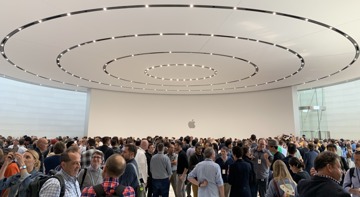
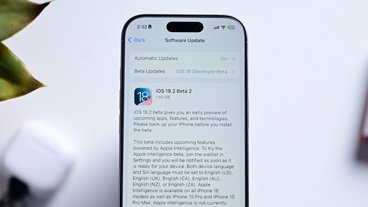
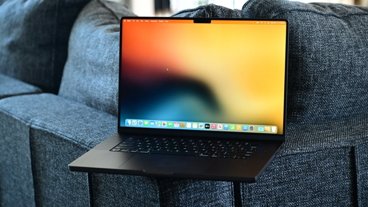








 Christine McKee
Christine McKee
 Andrew Orr
Andrew Orr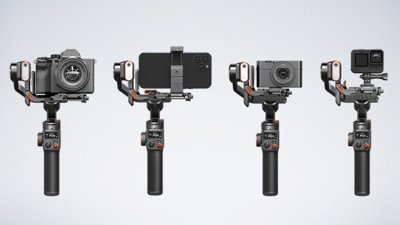
 Charles Martin
Charles Martin
 Marko Zivkovic
Marko Zivkovic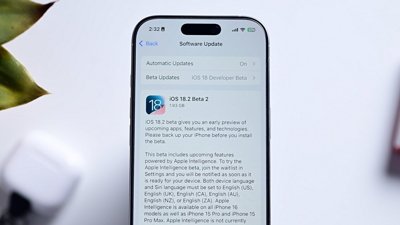
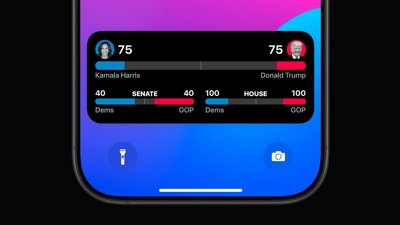
 Wesley Hilliard
Wesley Hilliard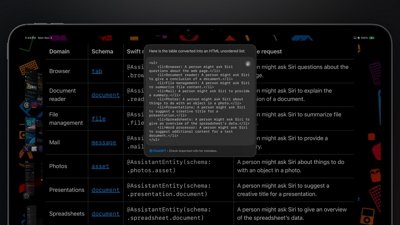
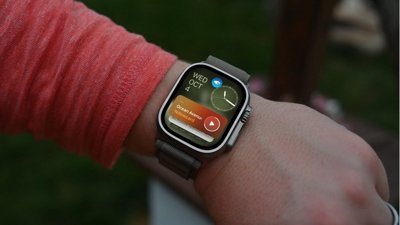



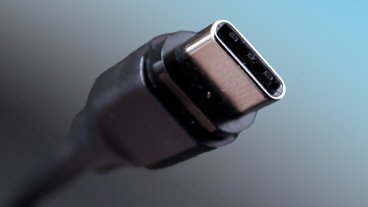

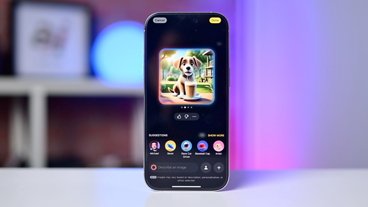
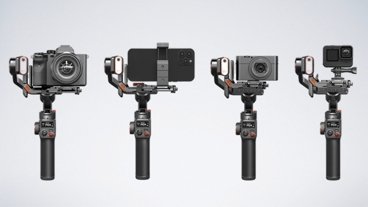
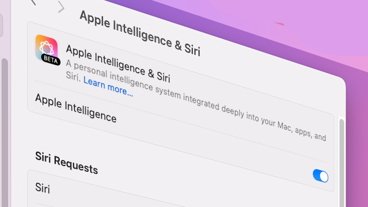

19 Comments
This gives Apple a competitive advantage, most of the android Phones in EU will now be average $30 more expensive, assuming devices maker don't do any mark up of the software.
Charging based on the PPI of the screen? That has to be the most bizarre fee structure I've ever seen.
Interesting. I would think that this scaled system with discounts for including certain apps would be as bad as no fee but requiring installation. Wouldn’t it just make more sense to say “hey if you wanna give the OS away you have to do it with zero strings”. Or if they want to charge then it’s one fee or sure they can charge by device size if they can show that it’s different software that simply won’t work as you go down in hardware. I mean fewer features for less money makes sense. If that’s the case. But no discounts for installing whatever